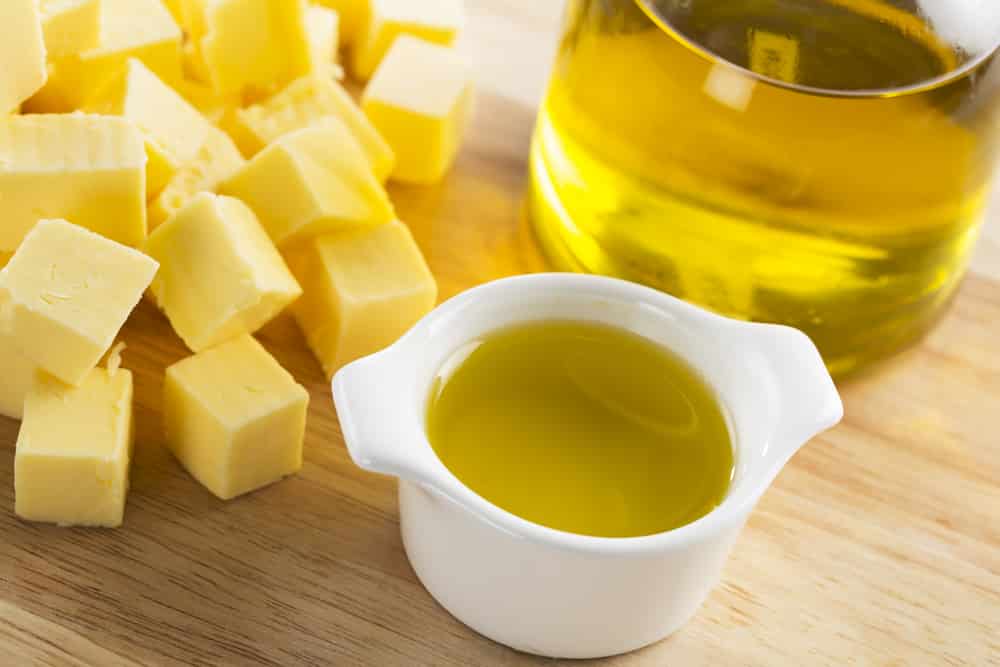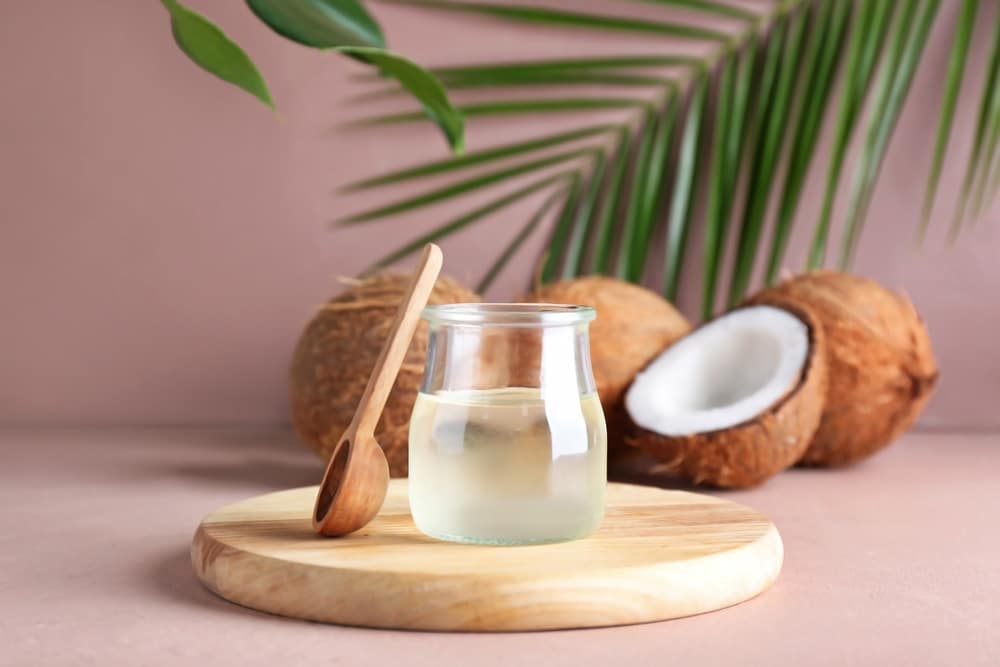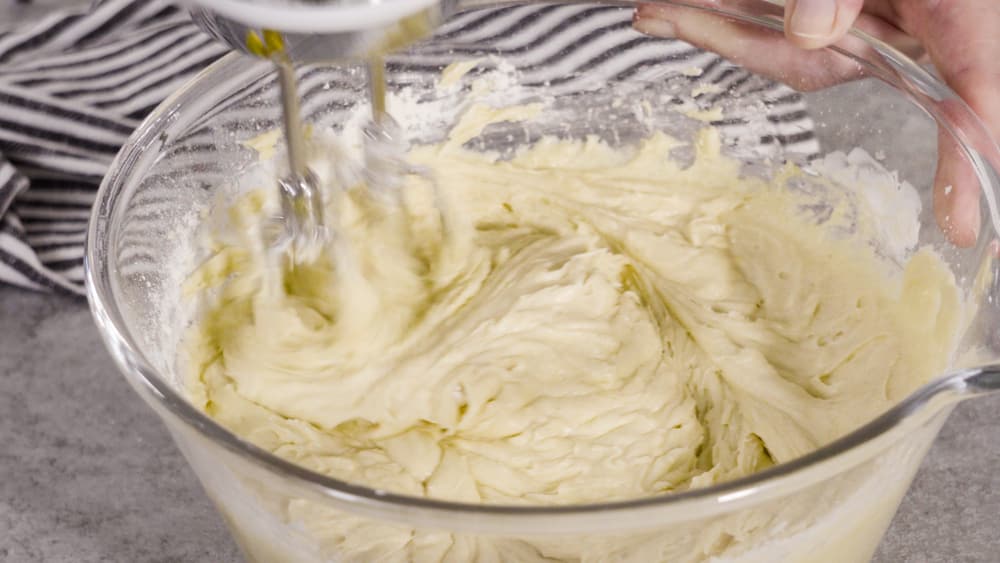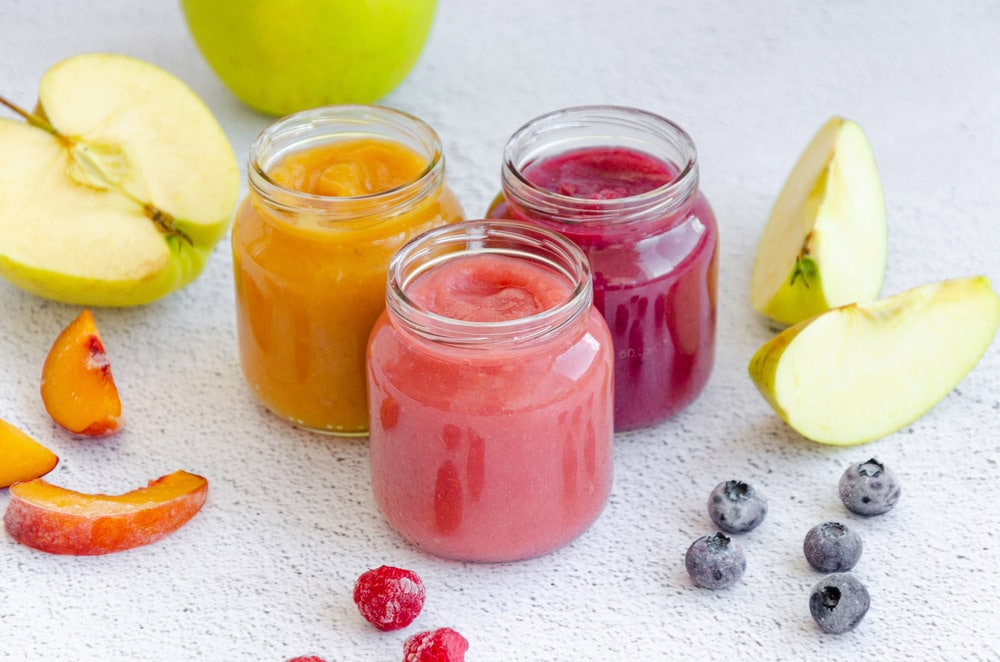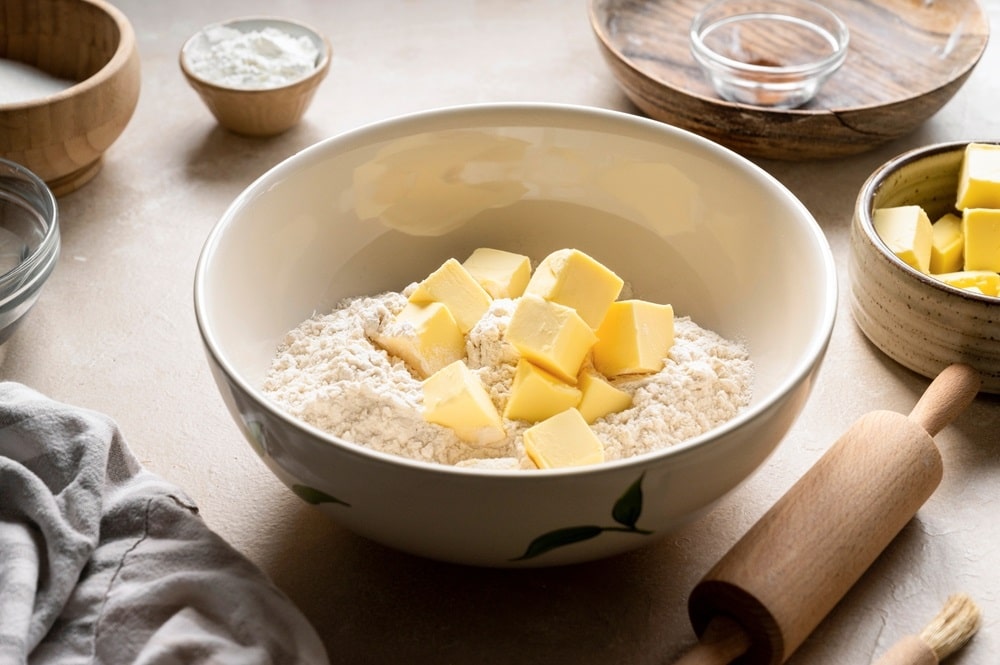
Dedicated bakers might not like the idea of a cake mix, but for those looking to quickly whip up a cake for any kind of occasion, these cake mixes can be super quick and convenient.
You can whip up an impressive-looking cake or other sweet treats by adding just a few major ingredients. Some cake mixes only require you to add eggs and water.
Whether you’re making cookies, waffles, or cheesecake, the taste is so authentic with these cake mixes that you can fool just about anyone. But how do these cake mixes work?
If you don’t have the few ingredients required, could you substitute one ingredient with something else?
What about butter? Most bakers understand that butter not only adds flavor to a recipe but also helps to ensure that the cake has a lovely, light texture. When the butter is liquefied, it helps to add moisture to the cake.
Melted butter is part water and part fat, whereas oil is 100% fat, so using ¾ the amount of oil will ensure that your recipe has the correct amount of fat. But does this apply to all oils?
Can I Substitute Butter For Oil In A Cake Mix?
Yes, you can substitute butter for oil
So what happens when you don’t have butter to add to your cake mix? Can you simply substitute it with oil? Yes, you can, but it isn’t just a case of using one when you don’t have the other.
True, not having butter for your cake mix needn’t spell the end of your baking because vegetable oil can be a suitable substitute, but the measurements for different oils and different recipes can differ.
Sometimes a 1:1 substitution works well, but sometimes it becomes necessary to reduce the oil. For instance, with scones and biscuits, a 1:1 substitution with a highly-saturated oil such as coconut oil will work well.
Coconut oil works a little differently
However, there is an exception. The exception to this rule is when you use coconut oil. It makes an ideal 1:1 substitution for butter. When you bake, replacing butter with oil is going to be different according to the different things you are baking.
Cakes are wonderfully moist with oil
Olive oil, canola oil, and vegetable oils are pure fats and make ideal substitutes for butter when you’re baking with a cake mix.
These oils are never going to give your cakes the amazing flavor that butter gives you, but the oils make up for that by allowing your cakes to be wonderfully moist.
There are a number of benefits to baking with oil.
- Baking with oil ensures moist baked goods.
- Baking with oil is quicker than with butter, as oil doesn’t require melting.
- Baked goods last longer when made with oil than with butter. Margarine and oils have a longer shelf life than butter.
If you have oil and butter, use both
When you start doing research on butter and oil substitution, you find that many expert bakers will tell you to balance things and use a 50/50 combination of butter and oil.
But that’s for when you have both butter and oil. If, however, you need to completely replace the butter with oil, then it’s best to use less oil than what the butter measurement is.
With baking, substituting butter for oil is actually quite simple, with most cake mixes requiring you to use oil. Canola and olive oil products are the most popular oils used in America, but there are others, such as avocado oil.
Some oils must be a bit less than the butter measurement
Substituting butter for oil requires you to follow a few simple instructions for a successful substitution.
When you replace your butter with an oil such as canola, vegetable, or olive oil, it requires a little less oil than what the butter measurement is. For example, if your recipe calls for 1 cup of butter, you can substitute the butter with a 3/4 cup of oil.
You can also replace solid butter with the same amount of solid oil, which means that if your recipe calls for a cup of solid butter, you can use a cup of solid oil. Coconut oil is a good example of the kind of oil to use because it comes in both liquid and solid form.
When all is said and done, there isn’t really a rule set in stone about the exact amount of oil to use if you don’t have butter. If your recipe says to use 10 tablespoons of butter, you can safely use about 7 tablespoons of certain oils already mentioned.
Other butter substitutes
There are one or two other things that you may have in your fridge that can also be used to substitute for the butter you don’t have. Yogurt is rich in fat and actually has more moisture than butter.
You can substitute plain, unsweetened yogurt as a 1:1 swap when you don’t have butter for your recipe. Greek yogurt, as well as fruit purées of all kinds, can be used to replace butter. You can swap half the butter in your baked goods for smooth fruit purées.
Oil in cakes made with love
Most bakers know the meaning of generous hospitality and baking with love, and if you’re looking for baked treats to spoil someone with, butter is an awesome choice in cakes. However, in the absence of butter, substitute it with oil.
It’s quite possible that once you’ve substituted butter with oil, you’ll want to use oil in the future because of its ability to make a deliciously moist cake for every festive occasion.
